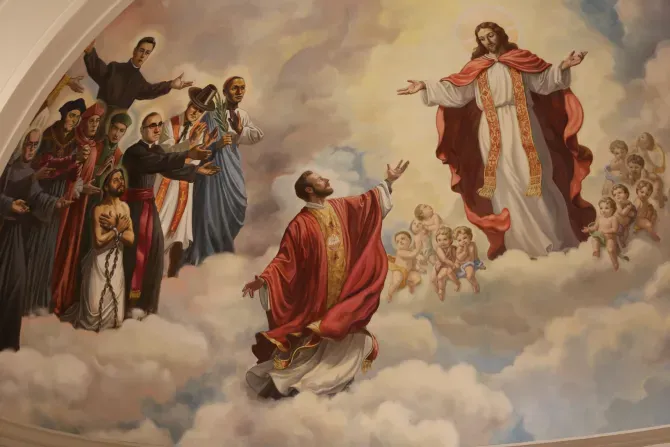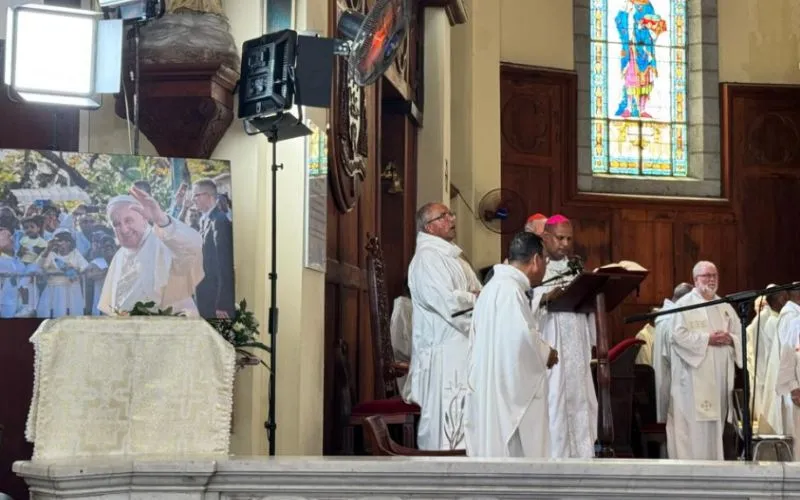“Beginning in the sixth century and continuing into the 12th century, the intervention of the local bishop was required before someone could be canonized,” the bishops’ website says. Local Christians often requested for their bishop’s intervention to determine the sainthood of a faithful departed.
The bishop would study both the request and the biography of the candidate in question; if deeming the request “favorable,” he would “typically issue a decree, legitimize the liturgical cult, and thereby canonize the person.”
As the decades and centuries went on, the process became more formalized. In addition to the earlier modes of review, starting in the 10th century, the bishop would “collect eyewitness testimony of those who knew the person and who had witnessed miracles” associated with the candidate.
The entire petition would be provided to the pope, who would rule on the matter himself. This process led to the first official papal canonization, that of Swiss bishop St. Ulric in 993, by Pope John XV.
This process remained the same for several more centuries; in the late 1500s, Pope Sixtus V established the Congregation for Sacred Rites, one of the functions of which was to “assist the pope with reviewing causes.”
The process remained largely unchanged from then until 1917 with the promulgation of the universal Code of Canon Law. A new promulgation in 1983 gave the Church the code still in effect today.
Modern three-stage process
The present process for canonization by the Catholic Church plays out across three stages:
First, in stage one, Church authorities examine “the life of a candidate for sainthood.” The process, which generally may only begin five years after a candidate’s death, is first enacted at the diocesan or eparchial level.
After receiving a petition, consulting with the episcopal conference and the local faithful, and permission from the Holy See, the bishop will convene a tribunal, which will investigate the life of the candidate (or his/her potential martyrdom). “Witnesses will be called and documents written by and about the candidate must be gathered and examined,” the USCCB notes.








